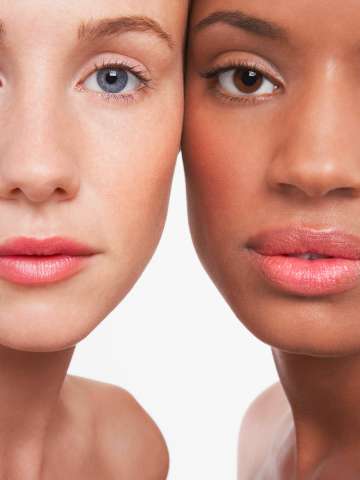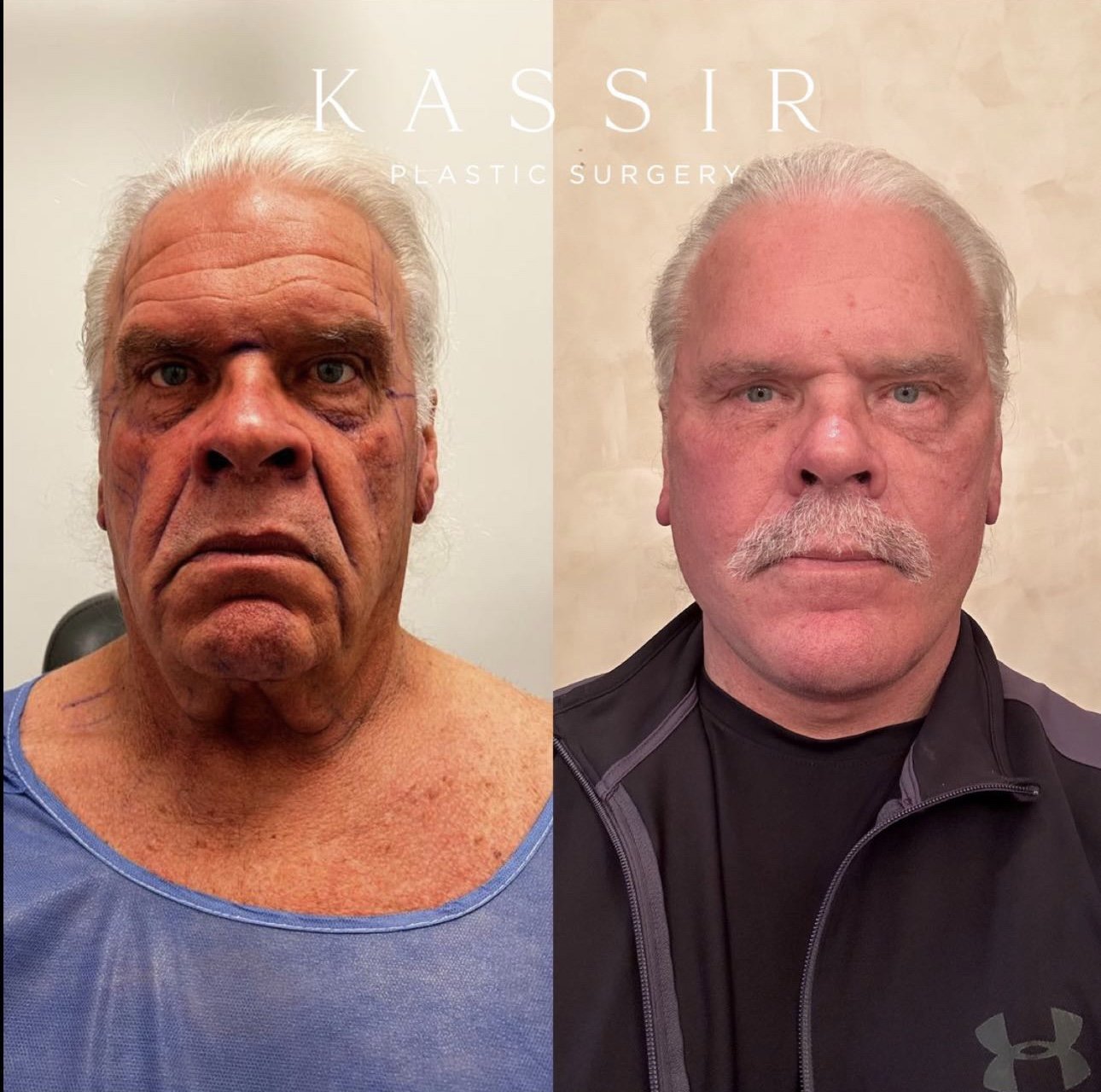Exploring the Mental and Social Factors That Drive Individuals to Consider Plastic Surgery as a Way of Improvement
The choice to seek plastic surgery frequently prolongs beyond plain looks, linking with emotional and social dynamics that merit extensive assessment. Elements such as self-worth, pervasive societal charm criteria, and the pervasive impact of social media sites converge to form individual inspirations for medical improvement. As these impacts end up being progressively noticeable, recognizing the underlying emotional and cultural contexts is crucial. What continues to be to be checked out is the profound effect these variables have not just on individual identification however also on more comprehensive social norms and worths bordering charm and approval.
The Duty of Self-confidence
Self-confidence considerably influences a person's choice to go after cosmetic surgery. Individuals with low self-confidence usually view themselves in an unfavorable light, leading to sensations of insufficiency concerning their physical look.

Eventually, the role of self-confidence in the decision-making procedure relating to plastic surgery highlights the complicated interplay in between body photo, personal complete satisfaction, and psychological health. Understanding this partnership is important for medical care specialists to guarantee that individuals are making educated decisions rooted in reasonable expectations and psychological health.
Societal Charm Requirements
Influenced by pervasive media portrayals and cultural narratives, societal elegance criteria play a critical duty fit people' perceptions of their very own bodies. These criteria are typically identified by an idyllic kind of charm that highlights characteristics such as symmetry, youthfulness, and slimness. As these perfects are perpetuated via numerous networks, consisting of movie, advertising and marketing, and television, people regularly internalize these messages, resulting in discontentment with their natural look.
The implications of these societal standards extend beyond aesthetic preferences; they can impact self-confidence, psychological health and wellness, and interpersonal connections. Individuals who perceive themselves as falling brief of these standards might experience feelings of insufficiency, motivating a need for plastic surgery as a way of achieving social approval. This search is usually sustained by the idea that conforming to these perfects will enhance not just physical appearance yet also social standing and individual satisfaction.

Impact of Social Media
The impact of social elegance criteria is more amplified by the rise of social media platforms, where curated pictures and idealized depictions of beauty are ubiquitous. Customers are frequently revealed to filteringed system and modified photos, which frequently illustrate unattainable physical characteristics. This exposure cultivates a culture of contrast, leading individuals to assess their own look against these frequently impractical criteria.
Social media influencers and celebs regularly advertise cosmetic procedures, stabilizing the concept that surgical enhancements are a practical methods for accomplishing societal suitables (plastic surgery rancho cucamonga). The visibility of these improvements can create an assumption that going through plastic surgery is a basic method, thereby influencing individuals to take into consideration similar interventions as a path to boosted self-confidence and social acceptance
Furthermore, the interactive nature of social networks allows for prompt feedback with likes and remarks, even more strengthening the desire to comply with popular appeal requirements. Such interactions can intensify sensations of insufficiency and drive people toward cosmetic surgery as a way of acquiring validation. Ultimately, social media plays an essential duty in shaping assumptions of appeal, which significantly affects the decision-making procedures bordering cosmetic surgery.

Cultural Perspectives on Appearance
Across various cultures, understandings of look are deeply rooted in historical, social, and economic contexts, forming people' views on charm and charm. In lots of societies, appearance serves as a significant marker of identity, affecting social status, specialist chances, and individual relationships. For example, in some cultures, light skin is typically related to riches and read here privilege, while others may idealize darker skin tones as icons of stamina and authenticity.
Moreover, typical appeal criteria are usually continued through social stories, media representations, and family affects, leading to differing suitables throughout various regions (plastic surgery rancho cucamonga). In Western societies, the emphasis on young people and physical conditioning commonly drives people toward cosmetic improvement, while in certain Eastern societies, more refined modifications aligned with conventional aesthetic appeals may be liked
Globalization and the expansion of electronic media have actually better complicated these dynamics, producing a hybridization of charm perfects that goes beyond geographical limits. As individuals increasingly navigate these social stories, the stress to conform to details look standards can result in the wish for cosmetic surgery, mirroring an intricate interplay of cultural worths and individual goals. Understanding these cultural point of views is essential in attending to the inspirations behind cosmetic surgery considerations.
Psychological Influences of Plastic Surgery
Numerous people looking for plastic surgery report experiencing extensive emotional influences that can dramatically modify their self-perception and psychological well-being - plastic surgery rancho cucamonga. The wish for physical improvement commonly originates from underlying problems such as low self-confidence, body dysmorphic condition, or social stress relating to charm standards. For some, the immediate post-operative stage can see here now cause a temporary increase in confidence and fulfillment with their appearance, promoting a feeling of empowerment
Nevertheless, these favorable sensations may not be enduring. Study suggests that while some people experience improved self-esteem, others may encounter elevated anxiety or depression if their assumptions are not fulfilled. This disparity can emerge from impractical ideals continued by media representation and cultural narratives bordering beauty.
Furthermore, the psychological ramifications of cosmetic surgical treatment expand past the person. Relationships with family and friends might be stressed as social dynamics shift, causing feelings of isolation or alienation. Ultimately, the psychological impacts of plastic surgery are complicated and complex, calling for careful factor to consider by both possible clients and doctor to guarantee enlightened decision-making and practical expectations.
Conclusion
Finally, the choice to pursue cosmetic surgery is substantially affected by a combination of self-confidence problems, societal elegance standards, and social find point of views on look. The pervasive reach of social media even more worsens these stress, promoting impractical perfects that people often make every effort to achieve. Comprehending these social and emotional aspects is essential for dealing with the motivations behind plastic surgery, highlighting the requirement for a more nuanced discussion bordering elegance and self-acceptance in modern society.
The choice to pursue cosmetic surgical procedure frequently prolongs past plain looks, intertwining with social and psychological characteristics that merit complete evaluation. Eventually, social media plays a crucial function in forming understandings of elegance, which considerably influences the decision-making procedures surrounding cosmetic surgical procedure.
As individuals progressively browse these cultural stories, the stress to conform to details appearance standards can lead to the wish for cosmetic surgery, showing an intricate interaction of personal goals and cultural worths.In conclusion, the choice to seek cosmetic surgical treatment is dramatically influenced by a mix of self-esteem concerns, societal elegance requirements, and cultural viewpoints on appearance. Comprehending these emotional and social aspects is important for resolving the inspirations behind cosmetic surgical procedure, highlighting the need for a more nuanced conversation surrounding elegance and self-acceptance in contemporary culture.